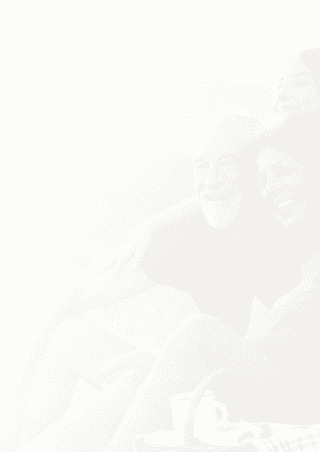It’s an unpleasant rite of passage: Turn 50; schedule your first colonoscopy. At least that’s the recommendation. Many avoid the uncomfortable procedure by putting it off just a little longer or skipping it all together. But evidence shows this screening for colorectal cancer—the third deadliest cancer impacting both men and women—saves lives.[0]
The American Cancer Society projects 53,2000 deaths in 2020 from this disease,[1] in which cancerous cells invade the colon and rectum. Improved treatment and increased screening have been attributed to lower death rates in the last 20 years.
Awareness has helped. In 2000, NBC “Today” anchor Katie Couric, who lost her husband to colorectal cancer, underwent a colonoscopy during the show’s broadcast to familiarize Americans with the procedure and raise awareness about the disease. In the months that followed, there was a spike in screenings according to astudy on Couric’s campaign published in JAMA Internal Medicine.
Thirteen years later, celebrities such as Meryl Streep and “CSI:NY” actor Hill Harper, and Charles Kelley of Lady Antebellum are speaking out to encourage screenings.
Find out which celebrities have been touched by colorectal cancer at Huffington Post
Who needs screening?
Over 50? You do.
The lifetime risk of developing colorectal cancer is about 1 in 20, or 5.1 percent, according to the ACS. It occurs in men and women of all races and ethnic backgrounds. It’s most common in adults older than 50.
The CDC estimates that 60 percent of colorectal cancer deaths could be prevented if everyone aged 50 and older had regular screening tests.
Colorectal cancer screenings for adults over 50 are among Obamacare’s covered preventive services for adults. Those with health insurance plans beginning on or after September 23, 2010, receive these services without having to pay a copayment or co-insurance or meet their deductible when visiting a network provider. These screenings are also covered by Medicare.
Additional factors increasing your colorectal cancer risk include:
- Family history
- Smoking
- Obesity
- Inactive lifestyle
- Heavy alcohol use
- Polyps in the colon
- Crohn’s disease
Make sure your health care provider knows about any family history with the disease, and discuss your concerns with him or her. Depending on your circumstances, screenings may be recommended before age 50. The U.S. Preventive Services Task Force recommends annual colorectal cancer screenings from age 50 to age 74; screening may include colonoscopy, fecal occult blood testing and sigmoidoscopy.
What is everyone so afraid of?
First of all, colorectal cancer screenings are not limited to colonoscopy, although this test is seems to be the go-to. The fecal occult blood test, virtual colonoscopy, double contrast barium enema, and flexible sigmoidoscopy are also used; the National Cancer Institute provides an overview and weighs the advantages and disadvantages of each in this fact sheet. Your doctor will work with you to determine the best option.
During a colonoscopy, your doctor examines the large intestine’s inner lining using thin tube with a small camera attached to it. Although it takes about 30 minutes, patients are sedated to ensure comfort.
What most people dread is the procedure’s prep, which requires cleansing the colon as well as possible. Sparse consumption of food means hunger pains. The requirement that patients drink a cleansing solution and/or use laxatives means discomfort. You will discuss procedural details and create a prep plan with your doctor, but there are many online resources tohelp you understand what’s involved and how to optimize the test’s effectiveness.
MD Anderson Center’s colonoscopy prep article explains why doing it right is important and offers prep tips—discuss your medications, ask what the best colon-cleaning options are in your circumstance, eat plan cereal and a light lunch the day before your exam, etc.
Prevent Cancer Foundation’s Get Screened video series includes informative 2-minute segments featuring Dr. John Marshall. Though brief, these clips help familiarize you with the disease and what you can do to lower your risk.
The Harvard Medical School Family Health Guide offers a helpful guide to colonoscopy prep. The Colorectal Cancer Alliance compiled a list of “Tricks and Tips to Prepare for Your Colonoscopy” from Facebook responses.
Click here to learn what not to do during your colonoscopy prep
Still nervous? You’re not alone
Many journalists and bloggers have documented their colonoscopies since Katie Couric. Dr. John Halamka helpfully recounts his first screening from prep to report in “The (Great) Colonoscopy Experience” on The Health Care Blog. Author and mom blogger Dawn Meehan takes readers “Into the Tunnel of Darkness” in a wryly funny but informative post time-stamping her experience. Humor columnist Dave Barry takes us on “A journey into my colon—and yours” with an encouraging first-person account that’s been widely read and republished by the Miami Herald since its 2008 appearance.
Finally, just have a conversation about your apprehensions. Talk to your doctor. Talk to a friend. Talk to a family member. Many people in your life have undergone this procedure—and will again.



